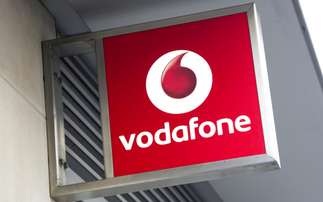A stark reminder of how failed routers, servers or datacentres underpinning hosted services can bring a business to its knees
The entire world, consumers and businesses, are moving most, if not all, their data, applications and services to the cloud if the buzz at London's recent IT Expo trade show was anything to go by. ...
To continue reading this article...
Join Computing
- Unlimited access to real-time news, analysis and opinion from the technology industry
- Receive important and breaking news in our daily newsletter
- Be the first to hear about our events and awards programmes
- Join live member only interviews with IT leaders at the ‘IT Lounge’; your chance to ask your burning tech questions and have them answered
- Access to the Computing Delta hub providing market intelligence and research
- Receive our members-only newsletter with exclusive opinion pieces from senior IT Leaders





















